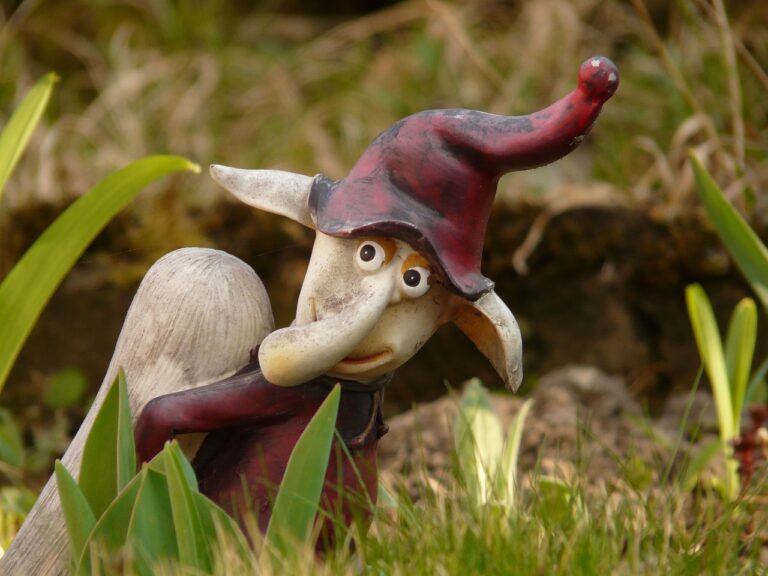Diversity and Inclusion in Entertainment: Addressing Representation Gaps
In the realm of the entertainment industry, a persistent challenge that continues to surface is the issue of representation. Within this complex landscape, various groups often find themselves marginalized or underrepresented, leading to a lack of diversity in the stories being told and the characters being portrayed on screen. This disparity not only limits the opportunities available to minority actors and creators but also perpetuates harmful stereotypes and reinforces existing power imbalances in society.
Moreover, the limited representation in entertainment can have far-reaching implications on audiences. When certain groups are consistently excluded or inaccurately portrayed, it can shape the public’s perceptions and reinforce prejudices. This narrow perspective restricts the narratives that are deemed valuable or worthy of being shared, ultimately hindering the industry’s ability to reflect the rich tapestry of human experiences and perspectives that exist in reality.
Historical Context of Diversity in Entertainment
In the early days of the entertainment industry, diversity was often overlooked and marginalized. Minorities were predominantly relegated to stereotypical and demeaning roles, perpetuating harmful stereotypes and biases. Their voices and stories were rarely given the platform they deserved, leading to a lack of authentic representation on screen.
As societal attitudes began to shift towards inclusivity and equality, the entertainment industry slowly started to reflect these changes. Organizations and activists pushed for more diverse and inclusive storytelling, challenging the status quo. This gradual evolution paved the way for greater representation of underrepresented communities in film, television, and other forms of media.
• Despite the progress made in recent years, diversity and representation in entertainment continue to be ongoing issues that require constant attention and effort.
• The importance of authentic storytelling from diverse perspectives has become increasingly recognized by both creators and audiences.
• Initiatives such as diversity training programs, casting calls for underrepresented groups, and inclusive hiring practices have been implemented to promote a more diverse entertainment industry.
• While there is still work to be done, the historical context of diversity in entertainment serves as a reminder of the strides that have been made towards a more inclusive and representative media landscape.
Impact of Lack of Inclusion in Media
The absence of diverse representation in media can have far-reaching implications on society. When certain groups are consistently underrepresented or misrepresented, it reinforces harmful stereotypes and perpetuates narrow narratives. This can lead to a lack of understanding and empathy towards marginalized communities, creating a cycle of ignorance and discrimination.
Moreover, the lack of inclusion in media can also impact the self-esteem and confidence of individuals from underrepresented groups. When people do not see themselves reflected positively or accurately in the media they consume, it can contribute to feelings of invisibility and alienation. This can have detrimental effects on mental health and well-being, reinforcing feelings of inadequacy and exclusion.
Why is representation important in the entertainment industry?
Representation is important because it allows for diverse voices and perspectives to be heard and seen, allowing for a more inclusive and accurate portrayal of society.
How does lack of inclusion in media impact marginalized communities?
Lack of inclusion can perpetuate stereotypes, marginalize already underrepresented groups, and limit opportunities for diverse storytelling and talent.
What can be done to improve diversity and inclusion in the entertainment industry?
Steps can be taken such as hiring more diverse creators and talent, promoting inclusive storytelling, and actively seeking out and supporting underrepresented voices.
How has diversity in media evolved over time?
While progress has been made in recent years, there is still a long way to go in terms of achieving true diversity and inclusion in the media and entertainment industry.







